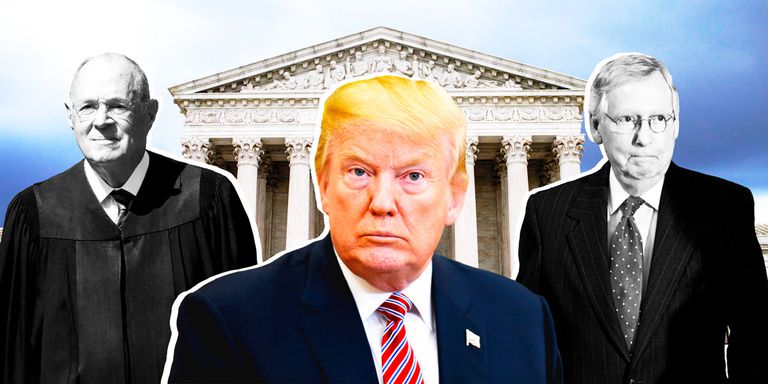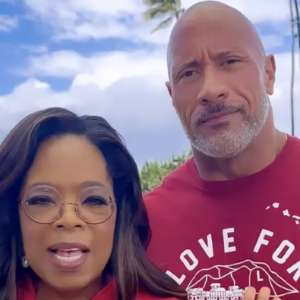I just spent a week doing what all teachers should have the option of doing in the summer if they didn’t need a second job to make ends meet. I attended a seminar on a content topic that was both fascinating, useful, and timely. It was sponsored by the Gilder Lehman Institute of American History and took place at Lafayette College, which has a very nice campus and facilities, and included 32 other educators from around the country And the topic? The Bill of Rights. Can’t get more current events than that.
After a one-week immersion, my general conclusion is this: The Supreme Court just makes stuff up.
Honestly.
They come up with a rule about how they’re going to treat cases having to do with privacy or searches or speech or due process or religion and then for the next case, they change the rules, so if you’re looking for consistency, look at a nice thick bowl of pudding instead. For example, in 1977 the court ruled that public union agency fees were perfectly legal and even preferable. This year, the court struck them down as a violation of the free speech rights of people who don’t agree with the union’s political leanings. Never mind that money that unions use for political action are separate from those used for internal contract defense. The result is that starting now, anyone can stop paying union dues, but still be covered by the contract.
Likewise with privacy. With the probable addition of Brett Kavanaugh, the court looks primed to declare that abortion, marriage equality and the rights of LGBTQ Americans are not guaranteed by the constitution and that the states could regulate such behavior. This has been the conservative strategy concerning choice since the Roe decision in 1973, but since that decision was based on other cases that recognized a generalized right to privacy, many other rights would fall if the court decides that the states retain the power to regulate their citizens. It might not mean that abortion would become illegal everywhere, but it would allow states, probably around 20 at this point, to make it a crime. And those states could also likely limit contraceptives and even the morning after pill if they so desired.
And you thought that conservatives wanted the government out of people’s lives. Please rethink this. Conservatives love to tell the federal government to go away, but they have no problems allowing restrictions that their states want, and most of those have to do with what they call moral behavior. As if any Trump supporter has any claim to moral behavior or recognizing just what the heck it is. The court could also expand religious rights and give them precedence over civil rights laws as long as your faith is real, substantial and committed. As for corporations? Not only are they people, they are strong, wealthy, powerful people whose rights will overshadow the average American’s simply because they have the money to get their message into the marketplace more frequently and with more visibility.
In the end, it’s very difficult to predict what might happen once someone gets on the court, but I think we have a pretty good idea of the direction of this court. I can’t say that I’m optimistic.
Need a reason to vote in November? Start here.
For more, go to www.facebook.com/WhereDemocracyLives or Twitter @rigrundfest









